
A Two-Year, 50-Million-Person Experiment in Changing How We Work
The office was never one size fits all. It was one size fits some, with the expectation that everybody else would squeeze in.
Read or listen offline
Recommendation
After working remotely for months, a project manager finally received the promotion and raise denied her before the pandemic. Working from home allowed leaders to evaluate her work, without emphasizing her social skills. New York Times reporter Emma Goldberg reveals that many people prefer remote work’s flexibility, freedom from commuting and zero pressure to fit in with an office social culture, even if being remote can delay promotions. The pandemic changed people’s belief that to succeed they must work long hours and be available constantly. As firms ask employees to return, they face pressure and resignations from those who prefer just doing their work – not dealing with the office.
Take-Aways
About the Author
New York Times reporter Emma Goldberg covers how work will change in the future.









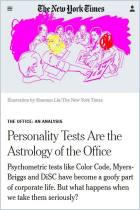


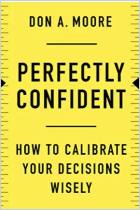
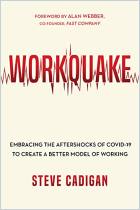
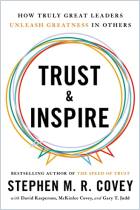
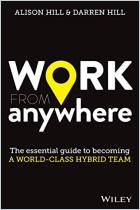
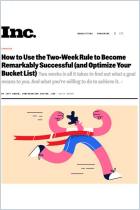
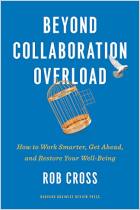


Comment on this summary or 开始讨论